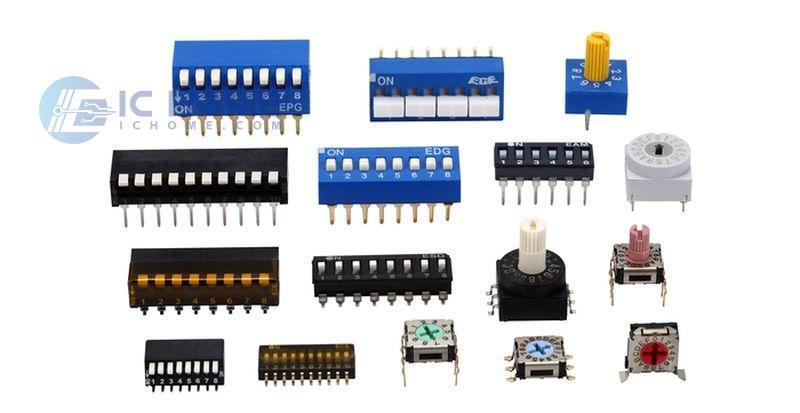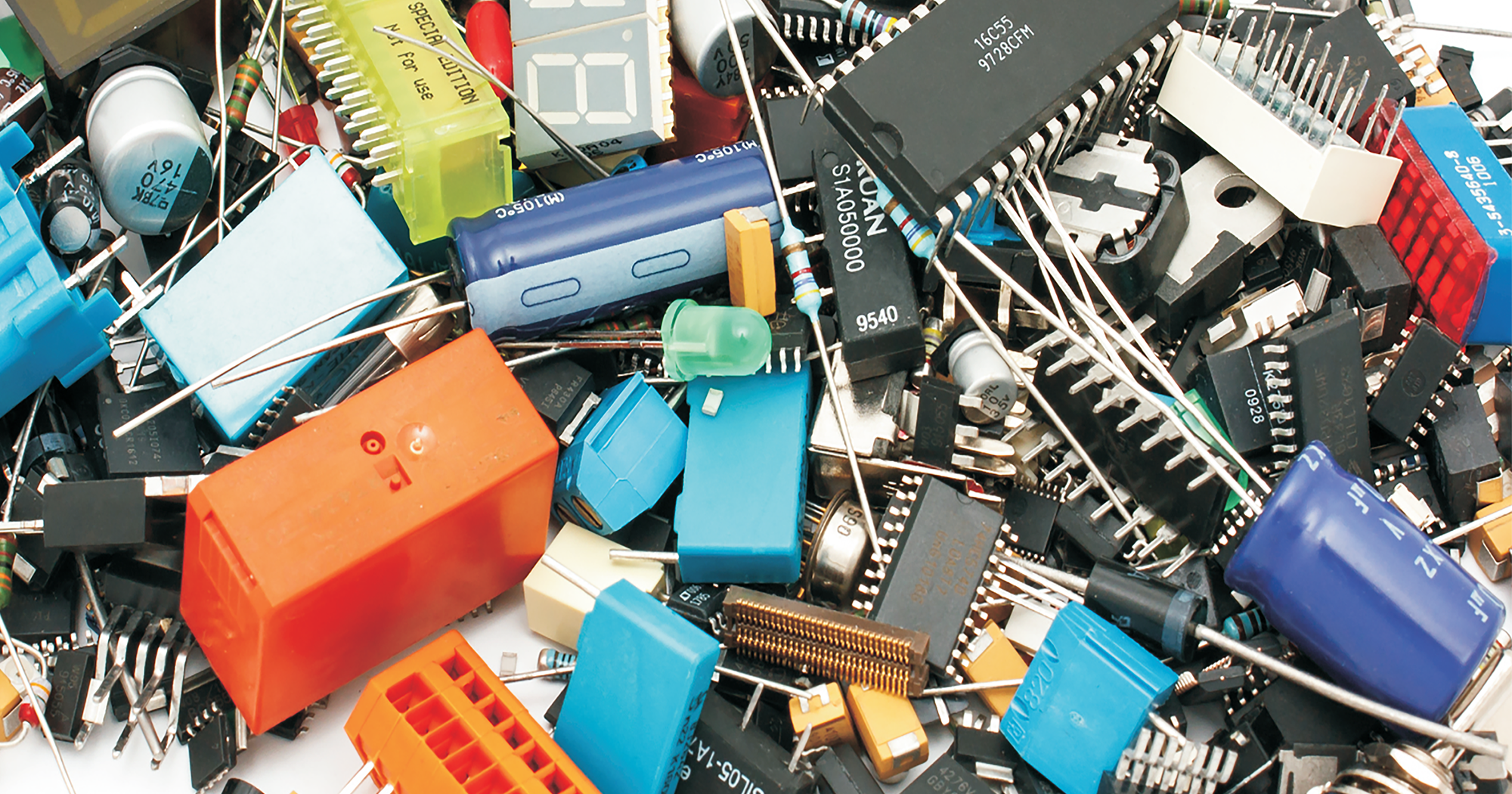How to Understand and Select Current Ratings (Amps) for DIP Switches?
DIP (Dual Inline Package) switches are widely used in electronic applications for configuring settings or selecting operational modes. However, understanding how to read and choose the right current rating (measured in amps) for DIP switches can be a challenge, especially for beginners. This article provides clear guidance to procurement professionals, engineers, and electronics enthusiasts on this critical aspect.

What is Current Rating in DIP Switches?
The current rating of a DIP switch indicates the maximum current it can safely handle without overheating or causing damage to the circuit. Typically expressed in amperes (A), this parameter ensures the switch operates reliably under specified conditions.
For example, if a DIP switch has a current rating of 0.1A, it means the switch can handle up to 100 milliamps of current continuously. Exceeding this limit can lead to switch failure or even circuit damage.
Why is Current Rating Important?
The current rating is crucial for ensuring both the functionality and longevity of the DIP switch. Here’s why it matters:
Preventing Overload: Selecting a switch with an insufficient current rating can result in overheating, degradation, or complete failure of the switch.
Ensuring Circuit Safety: A properly rated switch minimizes the risk of damage to connected components, protecting the overall circuit.
Optimizing Performance: Using a switch with an appropriate current rating guarantees stable operation, even under maximum load conditions.
How to Choose the Right Current Rating for Your Application
Choosing the appropriate current rating depends on your specific circuit requirements and application. Follow these steps:
Evaluate Your Circuit’s Current Requirements: Determine the maximum current that will flow through the DIP switch in your application. This is typically specified in the circuit design or can be measured using tools like a multimeter.
Select a Rating with a Safety Margin: Always choose a DIP switch with a current rating slightly higher than your circuit’s maximum current to account for surges or unexpected spikes. For example, if your circuit requires 80mA, select a switch rated at 0.1A or higher.
Consider Environmental Factors: If the switch operates in high-temperature environments, account for derating. Manufacturers often provide derating curves showing how the current capacity decreases with increasing temperature.
Check Manufacturer Specifications: Review the datasheets from reputable manufacturers to understand the performance characteristics of the DIP switch, including current rating, voltage rating, and contact resistance.
Common Missteps and Tips for Avoiding Them
Even experienced engineers can make mistakes when selecting DIP switches. Here are common pitfalls and how to avoid them:
Overlooking Voltage Rating: Current rating and voltage rating are closely related. Ensure both ratings meet your circuit’s needs.
Neglecting Surge Conditions: Consider conditions where temporary current surges might occur, such as during power-up or switching.
Ignoring Contact Material: Contact material can influence the current handling capacity and longevity of the switch. For example, gold-plated contacts are suitable for low-current applications due to their corrosion resistance.
Conclusion: Choose Wisely for Reliable Performance
Understanding and selecting the right current rating for DIP switches is a fundamental step in designing and maintaining reliable electronic circuits. By evaluating your circuit’s requirements, considering safety margins, and consulting manufacturer specifications, you can ensure optimal performance and durability.
For more information or to request a quote, please feel free to send us an RFQ.
Some Model Numbers




